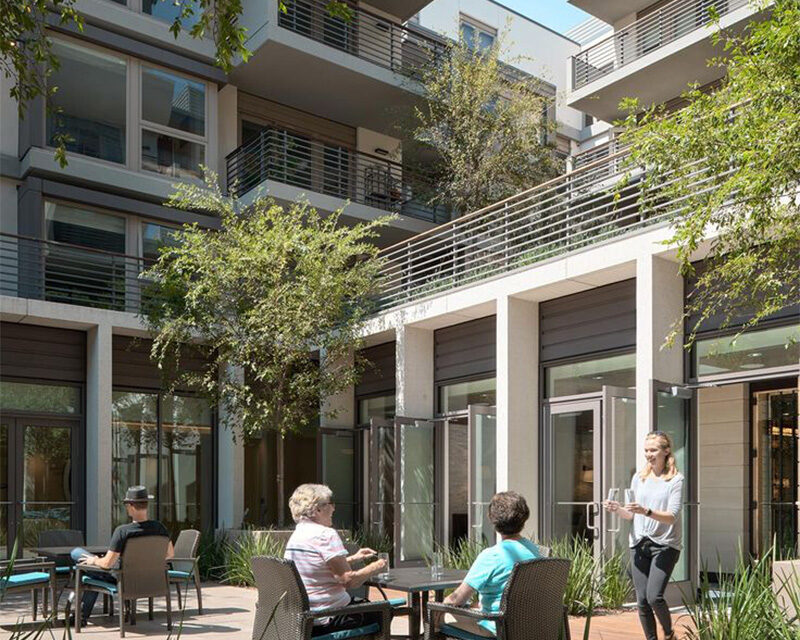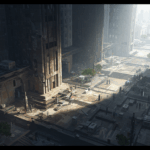The Evolution of Urban Spaces
Cities are rapidly evolving, driven by population growth, technological advances, and the urgent need for sustainability. As urban areas expand, the challenge is to make them more livable, efficient and environmentally responsible. By integrating innovative architecture, cutting-edge technology and green practices, cities around the world are transforming into smart, sustainable hubs that improve quality of life while reducing environmental impact.
The Role of Innovation in Urban Development
Engineering innovation is at the heart of the transformation of the modern city. From intelligent transportation systems to energy-efficient buildings, today’s cities are designed to be flexible and adaptable to changing needs.
1. Smart Mobility Solutions
Efficient and sustainable mobility is essential for modern cities. The integration of electric public transport, autonomous vehicles and AI-powered traffic management is reducing congestion and emissions while improving connectivity.
Example: Many cities are implementing smart traffic lights that adapt in real time based on vehicle flow, significantly reducing travel times and carbon footprints.
2. Sustainable Architecture and Green Buildings
Buildings contribute significantly to carbon emissions, but sustainable design is changing the game. Features like:
✅ Solar panels and green roofs
✅ Energy-efficient insulation and smart HVAC systems
✅ Recycled and locally sourced materials
These innovations make urban landscapes energy efficient and visually appealing.
3. Water Management and Resilient Cities
As climate change intensifies water-related challenges, cities are now using smart water networks, rainwater harvesting, and flood-resistant infrastructure to ensure long-term sustainability.
Example: Smart sensors in underground sewer systems can detect potential flood risks, allowing for proactive intervention before disaster strikes.
Harnessing Technology for a Greener Future
Technology plays a critical role in sustainable urban development. Cities are using the Internet of Things, artificial intelligence, and big data to optimize resources, reduce waste, and improve overall efficiency.
Smart grids ensure that energy is distributed based on real-time demand.
AI-powered waste management systems optimize collection routes, reducing fuel consumption.
Real-time air quality monitoring helps design better pollution control policies.
The Future of Modern Cities
Tomorrow’s cities will be connected, smart, and sustainable. Governments, businesses, and engineering firms must continue collaborating to integrate smart urban planning, renewable energy, and environmentally friendly materials to create thriving, resilient communities.
At CONSER, we are at the forefront of these innovations, designing and engineering solutions that transform cities into smart, sustainable, and human-centered environments. By focusing on sustainability, efficiency, and cutting-edge technology, we are shaping the future—one project at a time.






